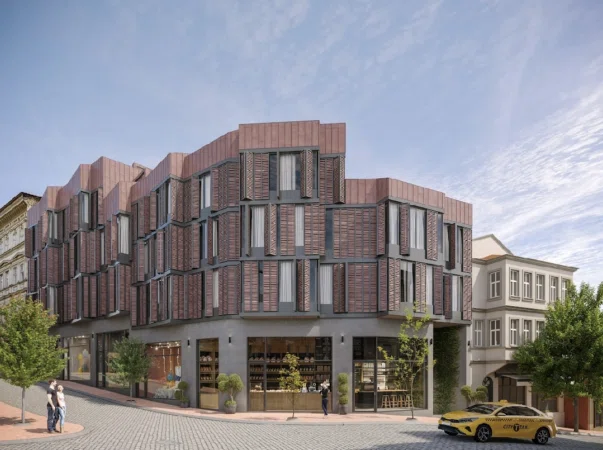Global Rate Cuts and Their Anticipated Impact on Turkish Real Estate

The shift by global central banks to a rate-cutting cycle is set to stimulate demand and capital inflows into the Turkish real estate market, potentially driving up prices and sales.
A New Global Monetary Era
Following a period of global monetary tightening from 2021 to 2025, which saw major central banks like the Federal Reserve (Fed) and the European Central Bank (ECB) raise interest rates to combat inflation, the financial landscape is undergoing a significant change. The consensus now points toward a new cycle of rate reductions, initiated by the ECB and soon to be joined by the Fed. This transition, which is part of a broader normalization trend, is expected to continue as inflation subsides.
A Catalyst for Real Estate
This pivot in global monetary policy carries substantial implications for the real estate sector. While the preceding high-rate environment helped stabilize global housing prices, a new phase of declining rates could reignite suppressed demand. As borrowing becomes more affordable, it could create upward pressure on housing prices and trigger a surge in sales. This phenomenon could begin in the U.S. and potentially lead to global housing inflation.
The Turkish Market's Strategic Position
For Turkey, this global trend is particularly significant. The Central Bank of the Republic of Turkey (CBRT) is widely expected to align its policy with the Fed and the ECB, continuing its own rate-cutting trajectory. This synchronization could have a profound effect on the local housing market, stimulating sales and pushing prices higher. Furthermore, the return to a lower global interest rate environment is likely to attract a greater volume of foreign capital. Historically, foreign investors—especially from Germany, Russia, the UK, France, Iran, and Pakistan—have shown a strong preference for the Turkish real estate sector. The new cycle of falling rates is poised to further enhance Turkey’s appeal as a prime destination for international real estate investment, ultimately leading to increased capital inflows and a positive outlook for the sector.


























